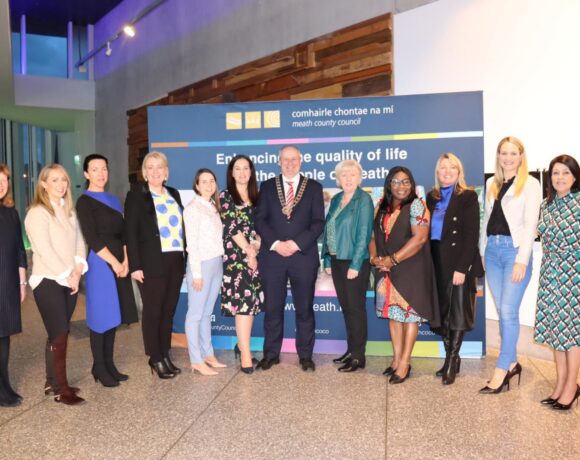Dublin City Council announces exciting new ‘Transcription Week’ event. A chance to make history rather than just read it. Transcription Week is a week-long event taking place from the 28th of March to the 1st of April where people from all over Ireland will work together to unlock important historical documents and make them more easily available to historians, researchers, students and members of the public.
Dublin City Libraries and the Digital Repository of Ireland are looking to recruit more people to join the ranks of volunteers who have already signed up to transcribe approximately 40,000 pages of handwritten minutes, maps, jury deliberations and more.
Transcribers can register at https://dcpla.ie/transcribathon and work from anywhere; home, school, the office, or their local library. Volunteers can work on their own or join the daily web meetings where project co-ordinators will transcribe documents live, troubleshoot anything tricky that comes up and talk participants through the process.
The transcriptions will mean that the content of these historical documents is made available more easily to researchers and historians. The text will also be available to screen-reading technologies used by the visually impaired. One of the most exciting things about the project is that the work of the public volunteers will be used to train an Artificial Intelligence programme that can then be able to transcribe more documents automatically.
The documents to be transcribed cover almost two hundred years of Dublin history from 1695 to 1881, and the City’s transformation from a medieval city to the modern capital we know today. The major collections involved are the Wide Streets Commission and the Dublin City Council Manuscript Minutes.
The Wide Streets Commission [1758 – 1851] re-designed medieval Dublin (which was built along a west-east axis) replacing it with a city aligned along a north-south axis, with streets following mathematically-straight lines. The Wide Street Commission Collection includes minute books, architectural drawings, jury books, and over 800 manuscript maps. It details the City as it was, what it became with the development of Carlisle Bridge (now Capel Street Bridge) Parliament Street, Sackville Street and O’Connell Bridge) and includes details of what it could have been had different decisions been implemented.
Dublin City Council Manuscript Minutes (1840-1880). The elected Dublin City Council (DCC) was established in 1840. Although the franchise was confined mainly to property owners, this was sufficient to enfranchise both Catholics and Protestants. Their numbers on DCC were very close, facilitating a power-sharing exercise, with a nationalist Lord Mayor one year, and a Unionist Lord Mayor the next. In 1841 Daniel O’Connell, ‘the Liberator’, became the first Catholic Lord Mayor in over 150 years.
The DCC held its meetings on the first Monday of each month. Notes were taken by the Town Clerk of Dublin and by his assistants, and these were worked up into minutes of meetings that were entered into large bound volumes which were then painstakingly indexed by the clerks.
Dublin City Librarian Mairead Owens said about the new ‘Transcription Week’ event, “Dublin City Libraries is delighted to embark on this important cutting edge cultural heritage project with our European partners. We are really looking forward to Transcription Week and can’t wait to see the contribution made by our members, students, researchers and members of the public.“
“We think that people taking part in this project are going to gain a unique insight into the history of Dublin and it’s going to change how they view and experience the City when they move around it.”
DRI Director Dr Natalie Harrower said about the new ‘Transcription Week’ event, “the Digital Repository of Ireland (DRI) is committed to safeguarding Ireland’s historical, cultural, and social record for long-term access and discovery. Deciphering historical documents and making them more readable using digital technologies, like the Transcribathon platform, ensures that texts can be accessed and better understood into the future, and is an important aspect of digital preservation. We look forward to working with Dublin City Libraries as part of the EnrichEuropeana+ project during Transcription Week to draw on citizen science to transcribe and enrich texts.”
Source: Dublin City Council













